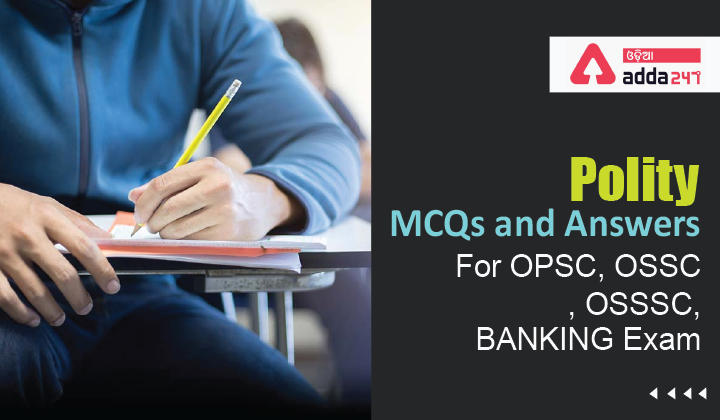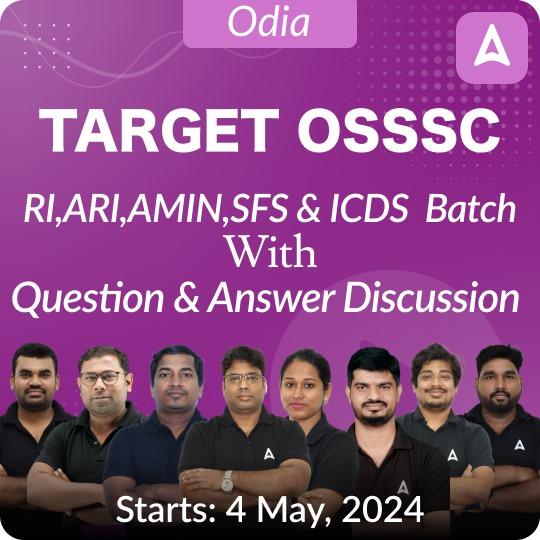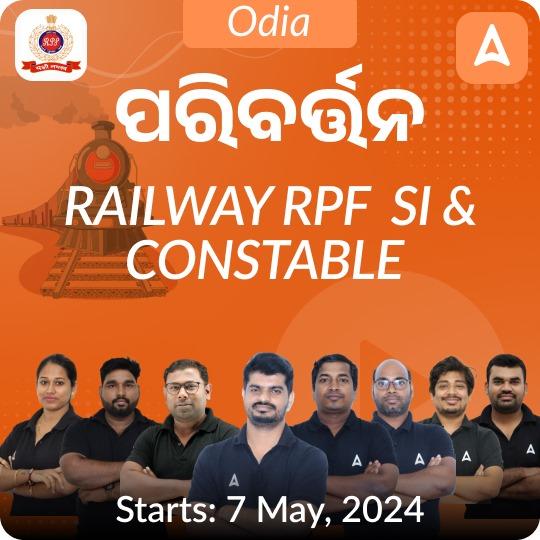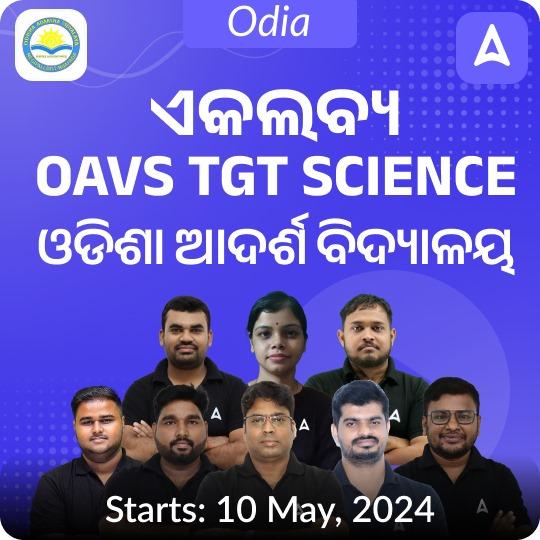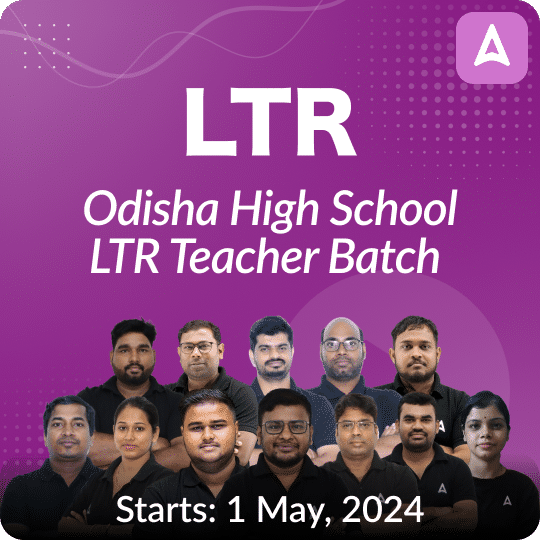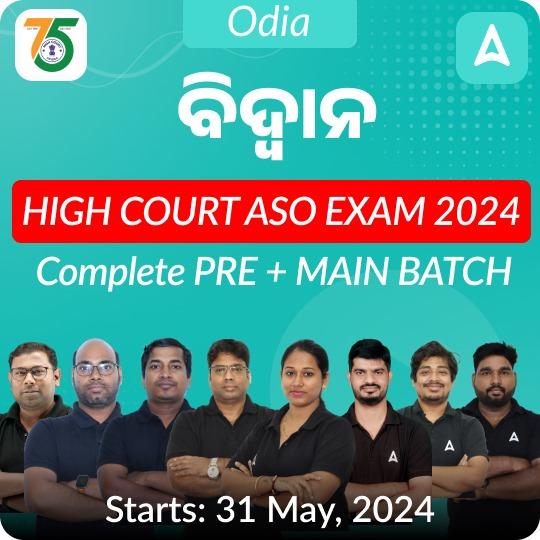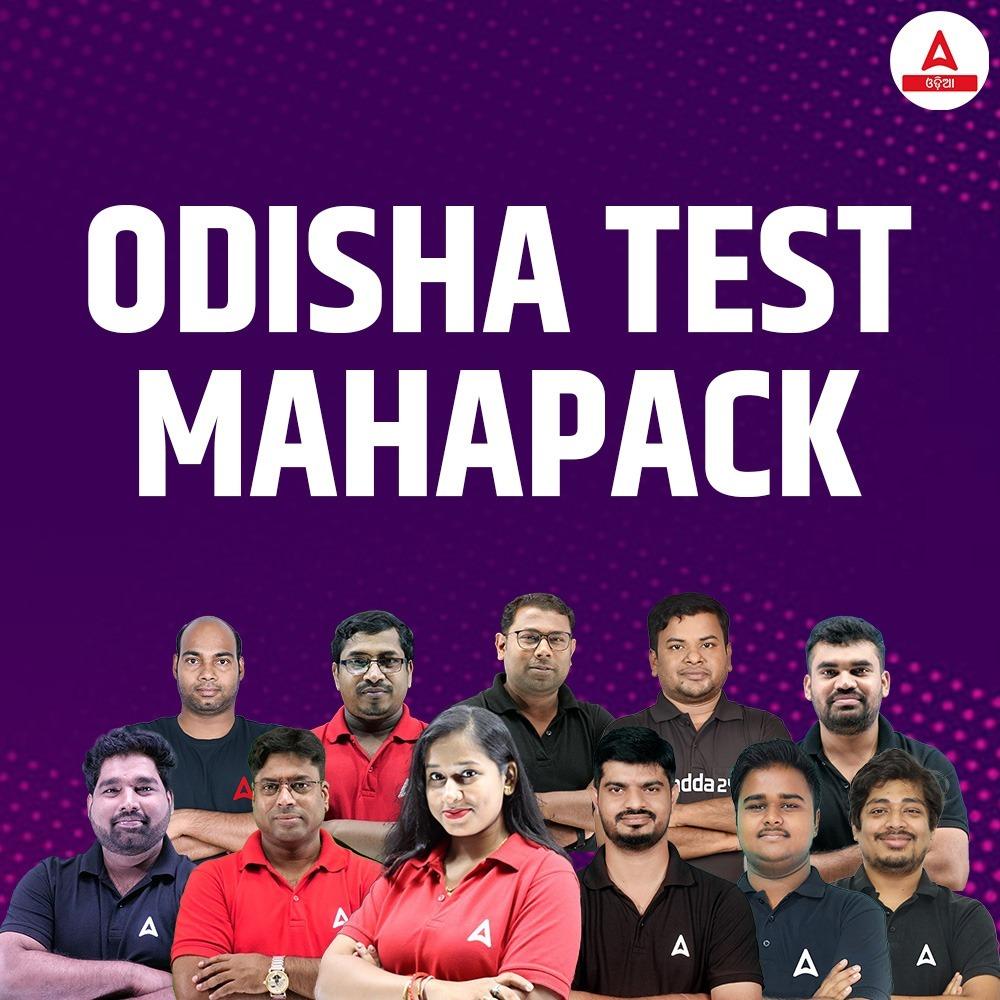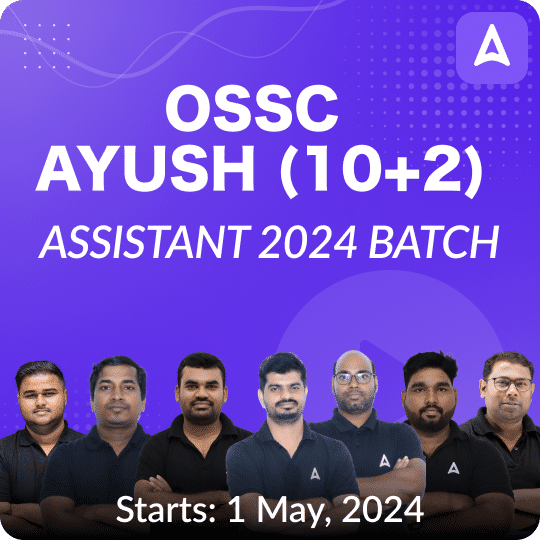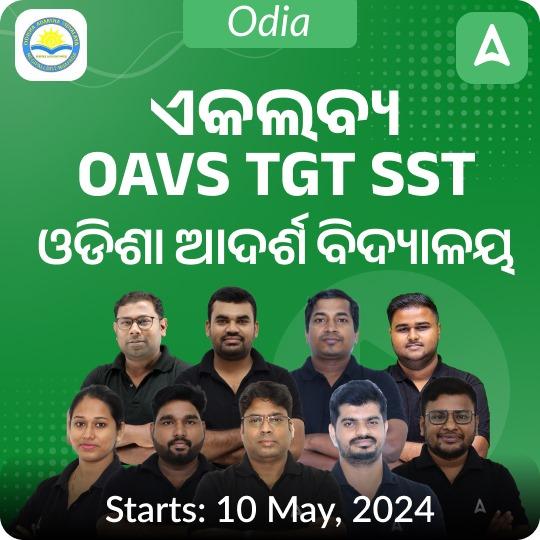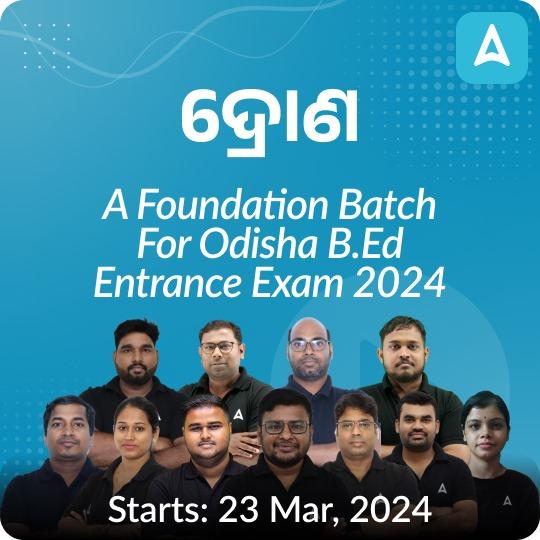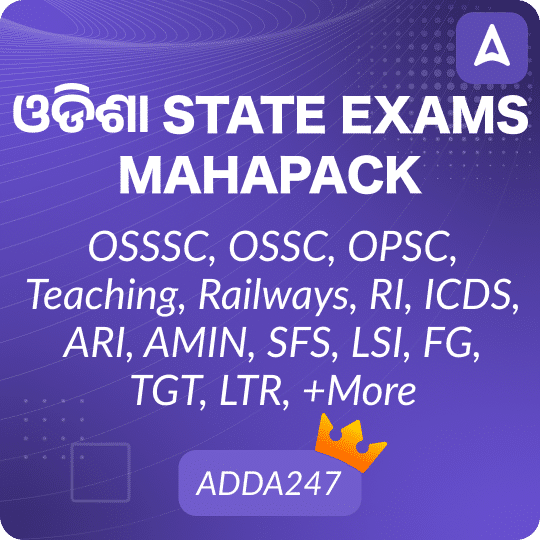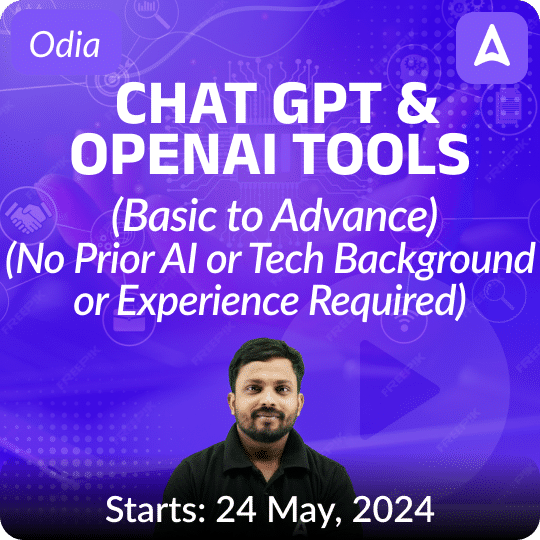Polity MCQs and Answers: Polity MCQs are very important for OPSC, OSSC, OSSSC & Other State Exams. Aspirants who are willing to apply for the various Government exams in 2022 must go through the topics of Polity for competitive exams, as Polity is a key part of the syllabus.
Download ADDA247 Odia APP – Appear Latest Exam Test Series & Live Classes
Q1. Which article of the constitution of India talks about the provisions for the impeachment of the president of India?
(a) Article 54.
(b) Article 51.
(c) Article 63.
(d) Article 61.
S1. (d)
Sol.
- Art-54 -Election of President.
- Art-51 -promotiom of international peace and security.
- Art-63 – The vice -president of india.
- Art-61 -procedure for Impeachment of the president.
Q2. In the year 1978, the ____ amendment eliminated the right to acquire, hold and dispose of property as a fundamental right?
(a) 41st .
(b) 42nd .
(c) 43rd .
(d) 44th .
S2. (d)
Sol.
- In 1978, 44th amendment eliminated the right to acquire, hold and dispose of property as sa fundamental right.
- It was made legal right instead of fundamental one.
Q3.A person is stated to be partially incapax under section 83 , IPC if he is aged?
(a) Above seven years and under twelve years.
(b) Above seven years and under ten years.
(c) Above seven years and under sixteen years.
(d) Above seven years and under eighteen years.
S3. (a)
Sol.
- Nothing is an offense which is done by a child above seven years of age and under twelve, who had not attained sufficient maturity or understanding to judge the nature and consequences of his conduct on that occasion.
Q4. Which country has the shortest written constitution in the world?
(a) Australia.
(b) Canada.
(c) United States.
(d) United Kingdom.
S4. (c)
Sol.
- The us constitution has 4400 word’s.
- It is the oldest and shortest written constitution of any major government in the world.
- The American constitution originally consisted only 7 articles, the Australian 128 and the Canadian 147.
Q5. Which of these cannot make an arrest as per the provisions of the crpc?
(a) private person.
(b) Judicial magistrate.
(c) Executive magistrate.
(d) Armed forces personnel.
S5.(d)
Sol.
- An arrested person has a right to inform a family member relative or friend about his arrest under section 60 of crpc.
- Arrested persons have the right not to be detained for more than 24 hrs/ without being presented before a magistrate, it is to prevent unlawful and illegal arrests.
Q6. Which part of the Indian constitution deals with the citizenship provisions?
(a) Part IV.
(b) Part III.
(c) Part V.
(d) Part II.
S6. (d)
Sol.
- Article 5 to 11 under part II of the constitution deals with the citizenship provisions.
- This part does not define the term citizen but only identifies the person who became a citizen of India at its commencement.
Q7.The coins of which of the following reveal their love for music?
(a) Mauryas.
(b) Nandas.
(c) Gupta’s.
(d) Cholas.
S7. (c)
Sol.
- The Guptas minted gold coins in abundance also known as dinars.
- The coins were depicted with the images of rulers in various poses.
- Some coins depicted Samudra Gupta playing Veena.
Q8. By which Charter Act, did the east India company monopoly of trade with China come to an end?
(a) Charter Act 1793.
(b) Charter Act 1813.
(c) Charter Act 1833.
(d) Charter Act 1855.
S8. (b)
Sol.
- By the Charter Act of 1813, the trade monopoly of East India company comes to an end.
- But the monopoly on the tea trade with China was unchanged.
Q9. The law framed by judiciary is called?
(a) ordinary law.
(b) Case law.
(c) Rule of law.
(d) Administrative law.
S9.(b)
Sol.
- The law framed by the judiciary is called case law.
- It is a law in which the outcome of former cases has been established.
Q10. With which religion is kaivalya associated?
(a) Buddhism.
(b) Jainism.
(c) Hinduism.
(d) Sikhism.
S10. (b)
Sol.
- kaivalya is the Jain concept of salvation.
- It is the liberation from rebirth.
Q11. Who among the following is not a member of any of the two houses of our country?
(a) prime minister.
(b) finance minister.
(c) president.
(d) Railway minister.
S11.(c)
Sol.
- President is not the members of either house of parliament.
Q12. Which of the following Articles of the constitution of India deals with the uniform civil code?
(a) Article 43.
(b) Article 45.
(c) Article 44.
(d) Article 46.
S12. (C)
Sol.
- It is a part of DPSP under part IV.
- Equal law for all religions.
- Goa is the only state in india with the uniform civil code.
Q13. Which of the following resist liberty and freedom?
(a) Centralisation.
(b) Decentralisation.
(c) privatization.
(d) Nationalisation.
S13.(a)
Sol.
The centralisation of resources is a hurdle in freedom and liberty.
Q4. What kind of right is right to vote?
(a) Human right.
(b) civil right.
(c) Natural right.
(d) Political right
S14. (a)
Sol.
Constitution of India provides for right to vote under article-326 . According to this article , a person above the age of 18 years has the right to vote in elections.
Q15. Who among the following cannot participate in the election of the president of india?
(a) Members of Lok Sabha and Rajya Sabha.
(b) Members of state legislative council.
(c) Members of union territorie legislature’s.
(d) None of these.
S15. (b)
Sol.
- In election of President of India members of lok sabha ,rajya sabha, members of union territories, and state’s legislative assembly participated.
- Only Members of state legislative council cannot participate.

